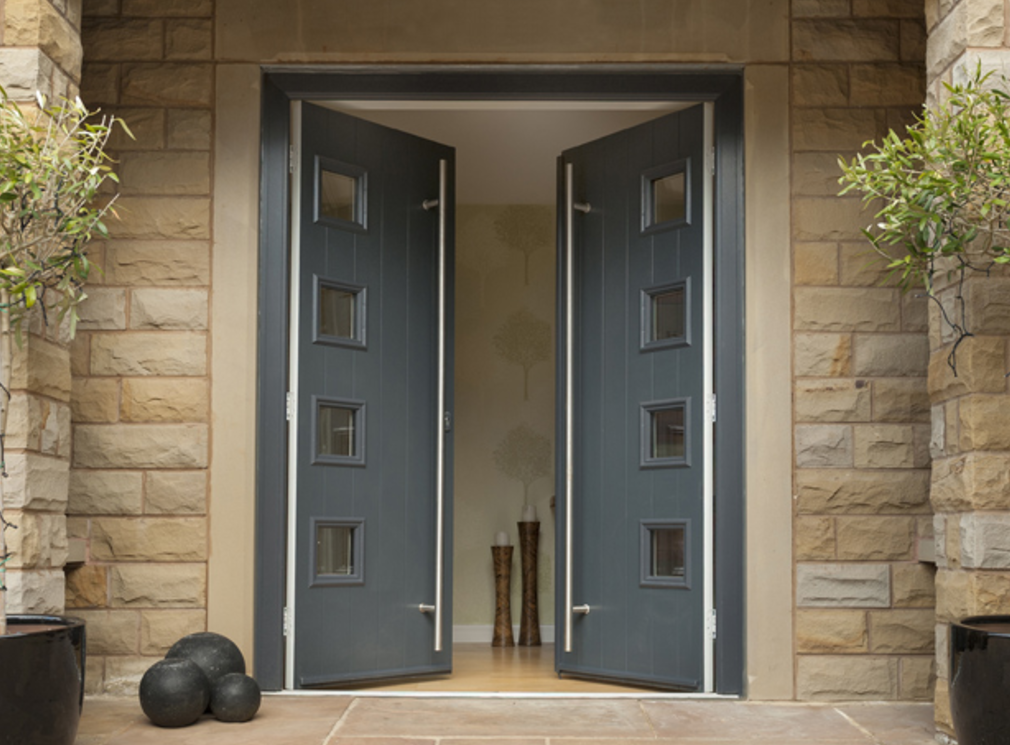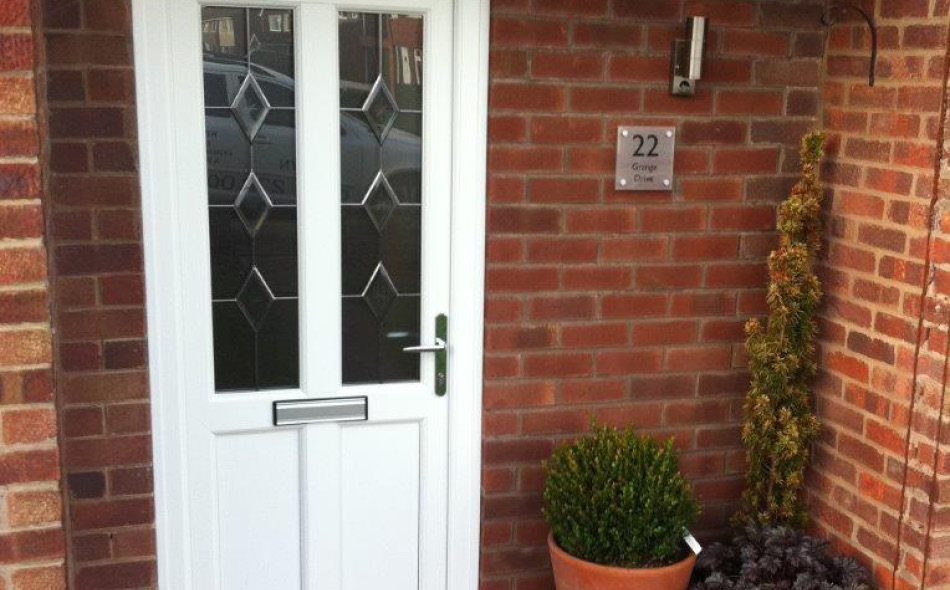Composite Doors vs uPVC Doors: What’s The Difference?
31 January 2024
Choosing the right door for your home involves considering various factors, including material, cost, durability, and aesthetics. Composite doors and uPVC doors are two prevalent options, each offering distinct advantages and disadvantages.
What’s The Difference Between Composite and uPVC Doors?
Composite Doors: These doors are made from a blend of materials such as wood, insulating foam, uPVC, and GRP (glass reinforced plastic), offering enhanced durability and insulation.

uPVC Doors: Constructed mainly from unplasticised Polyvinyl Chloride (see our guide on what uPVC is), these doors are known for their affordability and low maintenance, though they might not match the robustness of composite doors.

Price Comparison
While composite doors generally come with a higher upfront cost due to their superior construction and materials, they can be more cost-effective in the long run, given their durability and energy efficiency.
Lifespan and Maintenance
Composite Doors: Typically have a longer lifespan (up to 35 years), requiring minimal maintenance while retaining their appearance and functionality.
uPVC Doors: Have a shorter lifespan (around 20-25 years) but are also low maintenance. While there used to be issues with uPVC doors discolouring over time, this is rarely an issue with modern uPVC doors, as manufacturing methods have improved and found a solution to this problem.
Security Aspects
Composite doors, with their thick, multi-material construction, offer higher security compared to uPVC doors, which may have weaker frames and are generally less robust against forced entry. This, however, is dependent on choosing a high-quality door in either material and using suitably secure locks.
Aesthetic and Design Choices
Composite doors offer a wider range of styles and colours, often mimicking the appearance of traditional wood doors without the associated maintenance.
uPVC doors can still provide a clean and modern look, and are equally available in a range of colours and styles.
Energy Efficiency
Both door types offer good insulation, but composite doors edge out with superior energy efficiency, thanks to their dense core and better sealing.
Environmental Impact
Composite doors are more eco-friendly due to their longer lifespan and energy efficiency. uPVC doors, while recyclable, can have a greater environmental impact at the end of their life cycle, if not recycled and reused correctly.
The choice between composite and uPVC doors depends on individual preferences and requirements. Composite doors, with their durability, security, and aesthetic appeal, are an excellent long-term investment, while uPVC doors offer an affordable, low-maintenance option for those on a tighter budget.